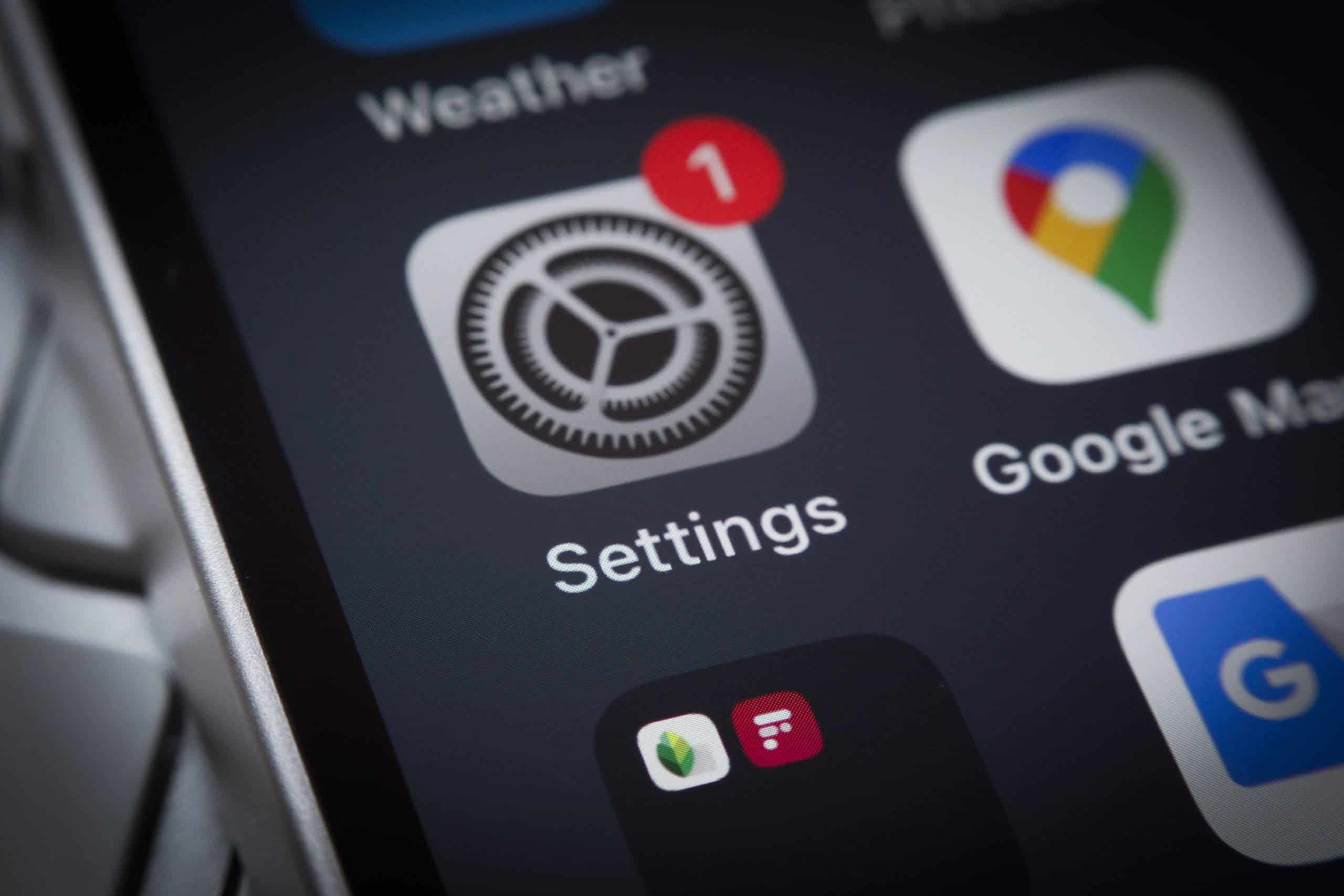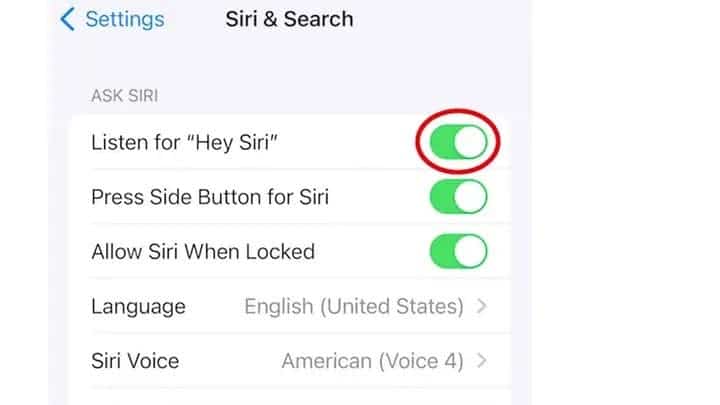Phones are crucial in our daily lives, granting access to connect, learn, and have fun. However, the use of microphones by smartphone apps and the behavior of voice assistants such as Siri, Alexa, and Google Assistant have raised privacy issues. So we need to shed light on these issues and consider how users can maintain control over their privacy while using voice assistants.
Smartphone apps and microphone access
Built-in microphones on smartphones are designed to recognize voice commands and enable voice-activated features. While certain apps, including Facebook and Instagram, may request access to the microphone to record videos with sound, it’s important to understand that this access doesn’t have to be constant. By taking a few quick actions, users can regulate who can use the mic.
Mitigate privacy risks
The presence of malware on mobile phones is a serious privacy concern. Malicious software can be installed by clicking on a malicious link, giving fraudsters access to your actions and personal data. Defending against such risks is crucial. Installing reliable antivirus software on all your devices adds an important layer of security. This prevents malware from being installed and protects user’s personal data from hackers.

Transparency in voice assistants
Popular voice assistants like Siri, Alexa, and Google Assistant have made their way into many devices, including smartphones, speakers, and smart home systems. These assistants raise questions about how much they listen to us and how they manage the information they receive. Concerns about privacy can be alleviated by being aware of these assistants’ procedures and transparency.
Also read: Apple Siri Vs Google Assistant Vs Amazon Alexa Vs Samsung’s Bixby – Which Is Smarter?
By ensuring that audio requests remain on the device until specifically shared, Apple’s Siri puts user privacy first. Apple’s servers are not even contacted by requests made to apps such as Notes or Messages. Google Assistant, however, allows users to manage and delete saved messages while still sending requests to its servers by default. Users can rest assured that Google will never sell their personal data or audio recordings to third parties.
Amazon’s Alexa also focuses on customer discretion and privacy. Alexa queries are stored securely in the cloud using encryption. Users have easy access to manage and delete their recordings. They can also organize them by date or device, or choose not to save any recordings at all.
However, you should be aware that not all brands are honest. Without wishing to accuse anyone, why does the Xiaomi calculator ask for access to contacts?
Foxnews has provided a complete guide on how to check whether your phone spies on you.
How to check which apps on your iPhone are listening
- Open your Settings app
- Click Privacy & Security
- Tap Microphone
- You will see a list of apps that have microphone access at all times. So if you find any of them shouldn’t have access to, toggle each one off.
How to check which apps on your Android are listening
- Go to Settings
- Click Applications
- Click Applications Manager
- Scroll down to any application (Facebook, Snapchat, etc.)
- Click Permissions
- Turn off Microphone
- The manufacturer of your Android phone may have different settings.

Here is how to turn off Siri
- Go to Settings
- Click Siri & Search
- Turn off the following options:
- Listen for “Hey Siri”
- Press Side Button for Siri
- Allow Siri When Locked
- A pop-up window will ask if you want to turn off Siri. Click Turn off Siri
How to turn off Google Assistant
- Go to Settings
- Select Google
- Click Account Services
- Click Search, Assistant & Voice
- Select Voice
- Select Voice Match
- Turn off Hey Google





